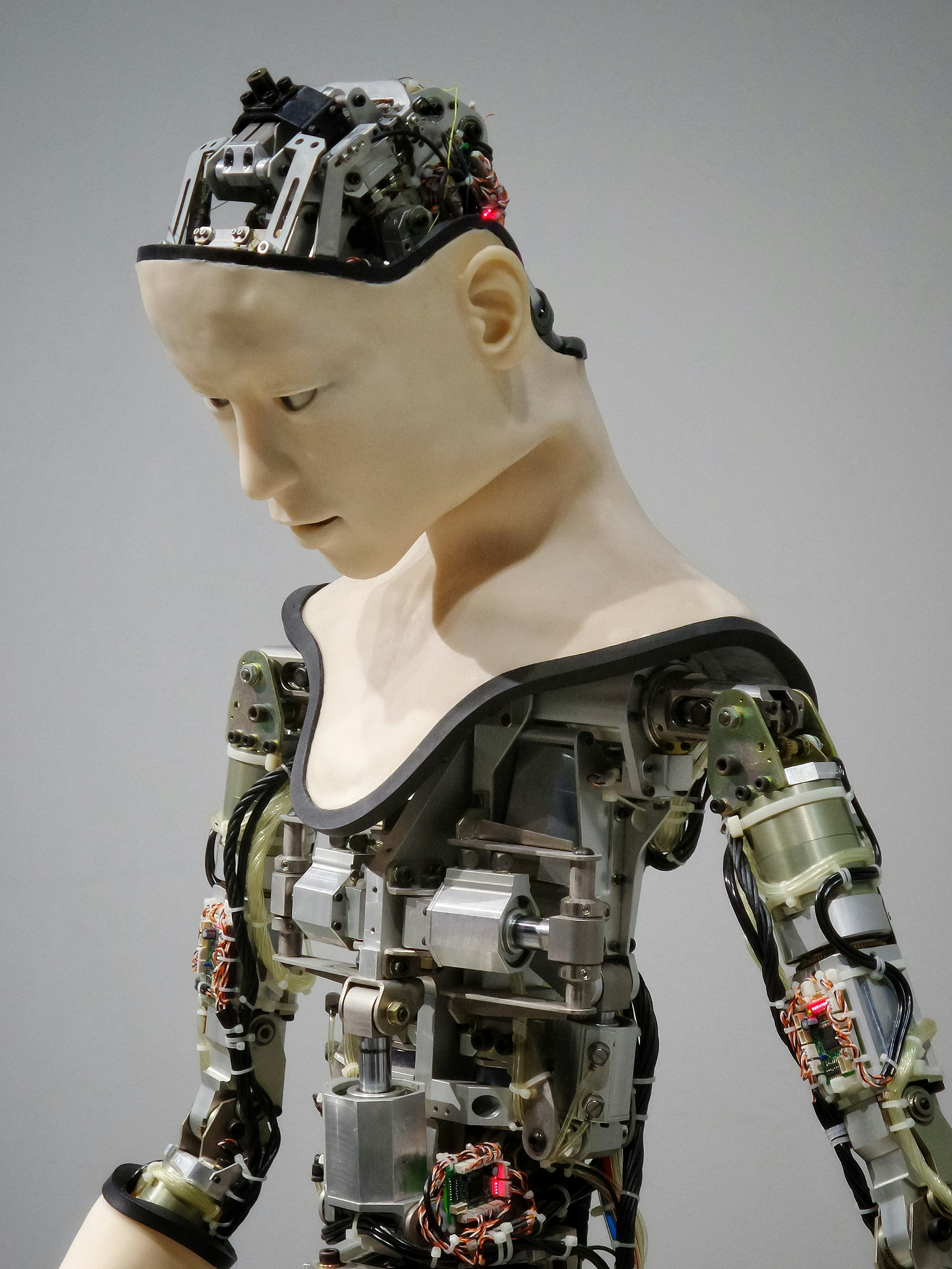Artificial intelligence (AI)
Artificial intelligence (AI) is a data science branch focused on building smart machines capable of handling tasks traditionally reserved for humans. They can learn from experience through historical data, analyze their environments and perform actions based on this knowledge.
Human intelligence
Human intelligence refers to humans’ intellectual capabilities that allow them to think, learn, understand complex concepts, apply logic, and solve problems. This intelligence also allows humans to recognize patterns, make inferences and decisions, store information and communicate with fellow humans. The uniqueness of human intelligence is backed by emotions such as passion, motivation and self-awareness that allow them to accomplish specific tasks.
Artificial intelligence vs Human Intelligence
Nature
While human intelligence can adapt to different environments using different cognitive processes, AI, on the other hand, can do the same by building machines that can mimic humans to adapt to new environments and make decisions. While human brains are analogous, machines are digital. Therefore, the difference between AI and human intelligence is the process of functionality and time taken to solve a problem by both these two.
Functioning
Human beings use their brain for computing power, memory and thinking abilities. On the other hand, AI-powered machines rely on data and specific instructions that are fed into them via data. Another key difference between the two is that while it takes humans a long time to process and understand data or information, artificial intelligence is often faster and can process inputs and data quickly and provide accurate results.
Learning power
Human intelligence entails learning from various past incidences and experiences. Humans learn from mistakes made through a trial-and-error approach in an individual life. Intelligent behaviour is the core of human ability and is mostly inborn. On the other hand, artificial intelligence (AI) falls behind since machines cannot think independently. Rather, they are programmed to think through models and algorithms developed by humans. This is the core difference between the two. Therefore, as humans learn from experience, machines can learn from data and through continuous training. However, machines cannot achieve a thought process similar to that of humans. Although AI-powered systems can perform certain tasks excellently, they take many years to learn different functions for a particular application area.
While AI has advanced significantly, there are things it still cannot do without human intervention. For instance, AI cannot make rational decisions like humans, although they were trained to mimic human behaviour. The main difference between human and machine intelligence is human intelligence is the main contributor to machine intelligence. In this regard, to completely mimic humans in every sense will take time and effort. Without knowledge of its models and algorithms, machines will still depend on humans to make critical decisions.












